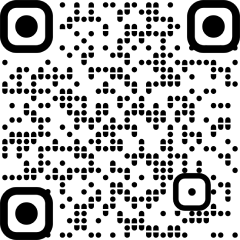
New Delhi: Nearly one in every two prescriptions issued by doctors from top govt hospitals, including AIIMS and Safdarjung, have been found to deviate from standard treatment guidelines in a study published in the Indian Journal of Medical Research.
While most deviations are ‘acceptable’ as they don’t pose any threat to patient’s life, the study showed that at least 10 per cent of prescriptions had deviations that were ‘unacceptable’ as they could result in a drug interaction, lack of response, increased cost, preventable adverse drug reaction and/or antimicrobial resistance.
Sample this: A patient suffering from anal fissure or tear in the inner lining of anus was prescribed two antibiotics when standard treatment guidelines suggest treatment of anal fissure in topical therapy unless it is secondary to other systemic diseases.
The IJMR study said unnecessary prescription of antibiotics in such a case increases the risk of antibiotic resistance, adverse drug reactions and the cost of treatment; thus, putting the prescription in the category of unacceptable deviation. An acceptable deviation would include incomplete prescriptions with respect to formulation, dose, duration and frequency.
In the study, researchers analysed 4,838 prescriptions issued by doctors posted at the outpatient departments of tertiary care hospitals across the country where the 13 Indian Council of Medical Research Rational Use of Medicine Centres are located.
All prescribers were post-graduates in their respective disciplines & on average were in practice for four to 18 years.
Researchers found OPDs having maximum deviations was community medicine, followed by ENT & paediatrics. “It’s possible that deviations in community medicine were more as such OPDs are run by junior docs,” the study stated.





/cdn.vox-cdn.com/uploads/chorus_asset/file/23932741/acastro_STK070__03.jpg?w=150&resize=150,150&ssl=1)

